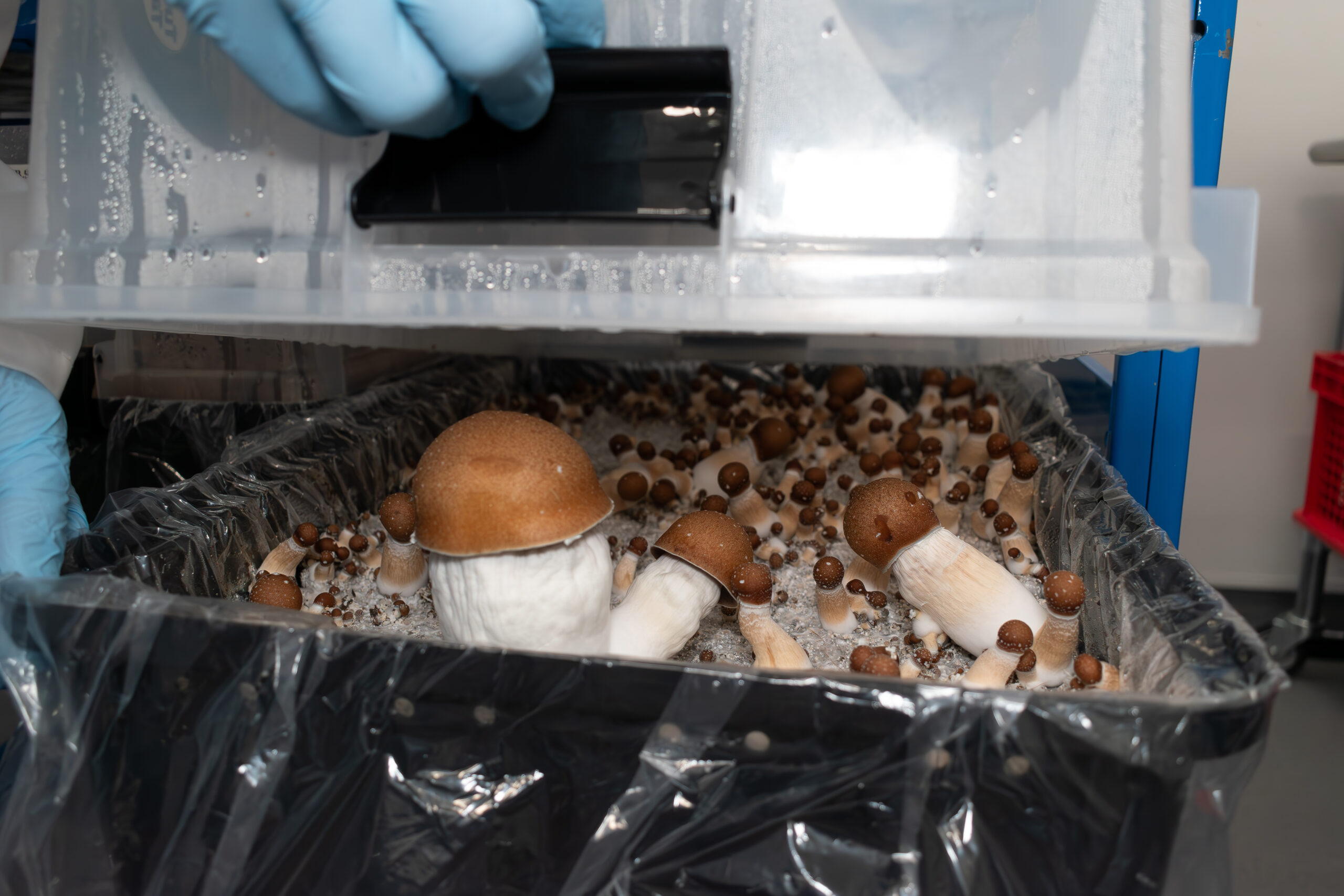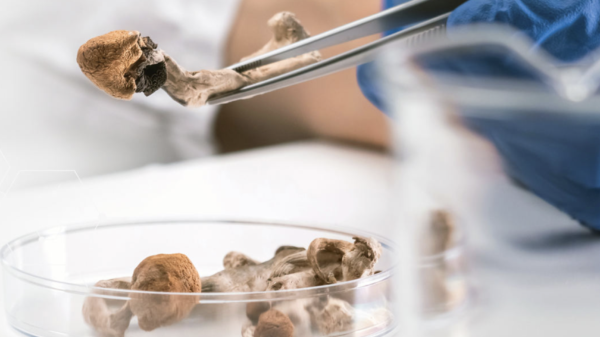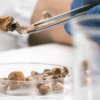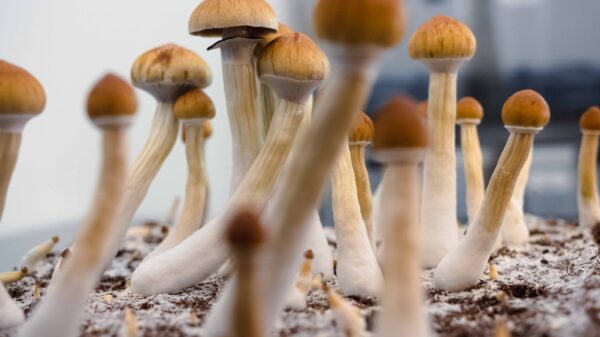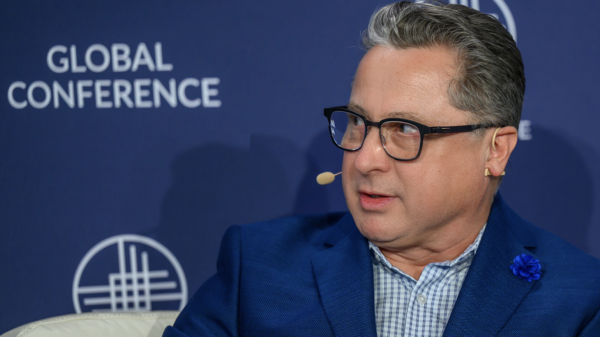A professor and medical director from the University of Toronto is looking at psychedelics as a possible treatment option for some mental health disorders causing athletes to reduce their quality of life, performance and career trajectories.
In an interview with the University of Toronto’s Faculty of Kinesiology & Physical Education medical director David Lawrence said that over the years he has noticed how mental health can affect an athlete’s quality of life and how between 20 to 35 per cent of the elite athletic population suffers from mental health symptoms or conditions.
But what problems can an elite professional athlete have? Lawrence says that athletes are often faced with performance-related issues such as injuries and finances; challenges with leadership, media, and staff; logistic concerns like travel and safety among others.
“In my goal to provide the most effective care, I’ve always been on the lookout for emerging research within the field of mental health.”
He said that the resurgence of academic and clinical interest has made him look into the benefits of psilocybin, LSD or MDMA to help athletes suffering from depression, PTSD or anxiety.

David Lawrence. Photo via U of T News.
His interest in psychedelics also came from seeing other research groups explore the use of certain psychedelics like DMT for treating acquired brain injury. He also mentions recent preliminary reports suggesting that psilocybin holds promise in treating anorexia.
“What also intrigues me about psychedelics is their purported ability to foster deep introspection, cognitive flexibility, and lasting shifts in perception and beliefs – qualities that could be profoundly beneficial for athletes navigating the immense pressures and existential questions often associated with their careers.”
Read more: Filament Health gets FDA approval for psilocybin studies on cancer-related anxiety and depression
Read more: Cybin reaches end of psilocybin analogue clinical trial for depression
Lawrence highlighted questions such as: Could psychedelics provide a therapeutic avenue that was previously unexplored for athletes? Could they help in addressing the unique mental strains athletes face? And, more broadly, how could they be safely integrated into a comprehensive mental health management strategy?
He said that psychedelics are still illegal in numerous jurisdictions and highlighted the importance of harm reduction practices such as how they are administered and protocols emphasizing the importance of a controlled setting.
“Moreover, post-session integration, where individuals process and make sense of their experiences, is crucial to achieving lasting positive outcomes.”
Lawrence, who is also the lead primary care physician for the Toronto Blue Jays recently study published in the Journal of Psychoactive Drugs where the concept of “familiarity” was studied when inhaling DMT.
“This particular study focuses on one subjective feature of the DMT experience, but the bigger picture is that psychedelics have shown great promise in managing mental health conditions for which athletes are at particular risk,” Lawrence told U of T News.

